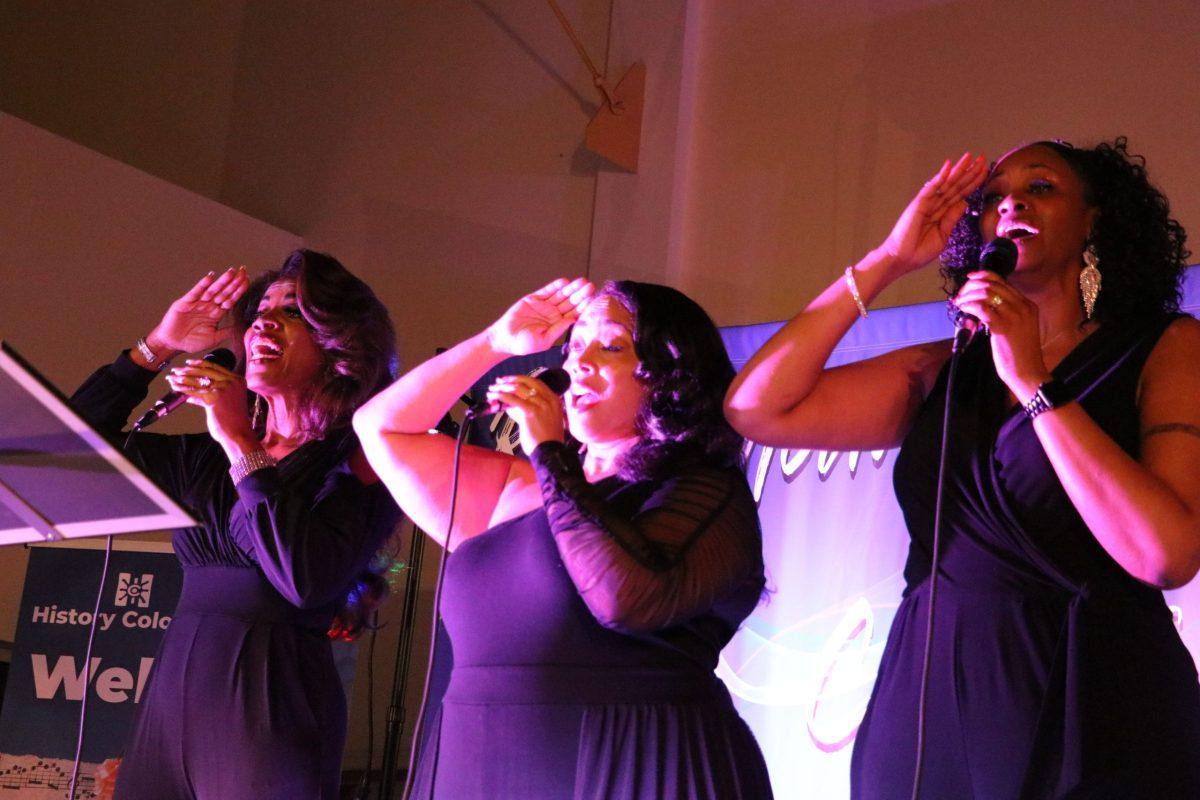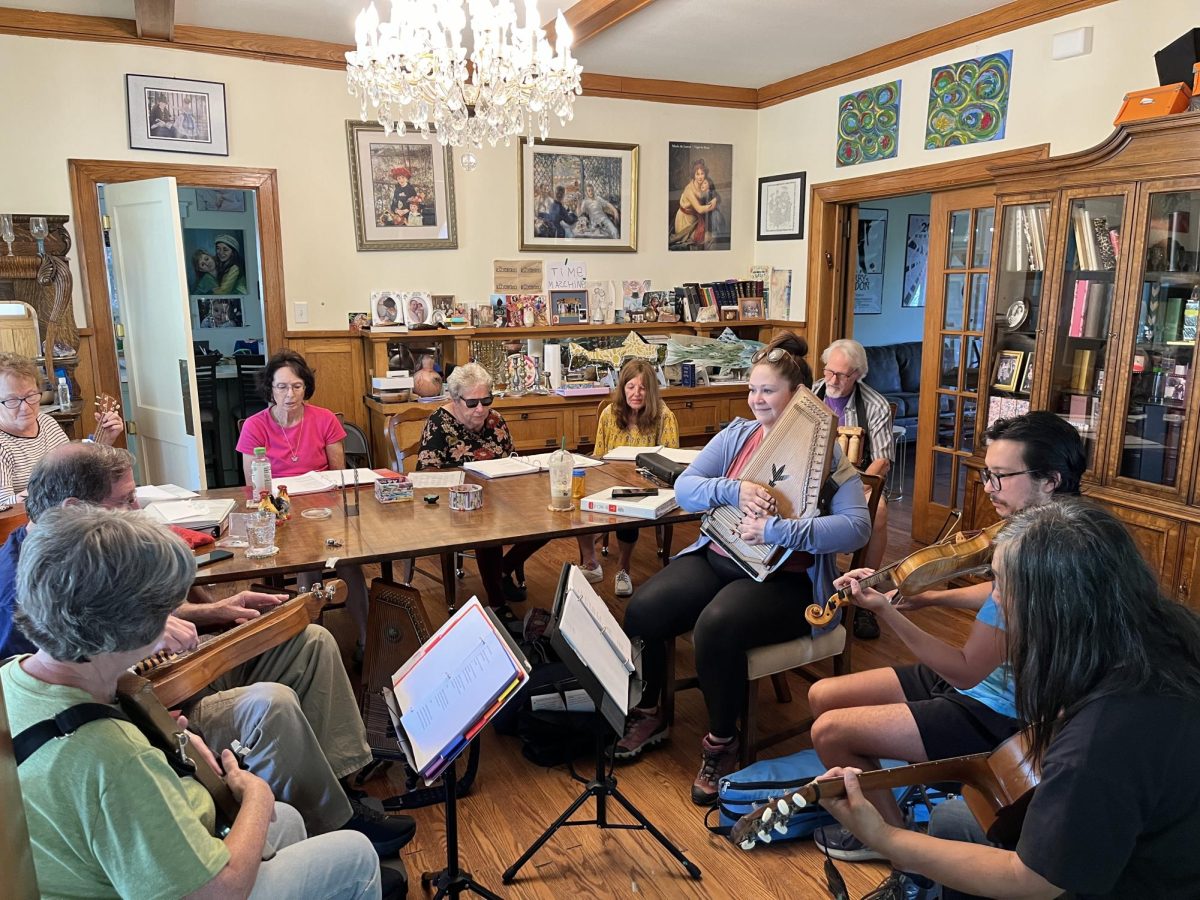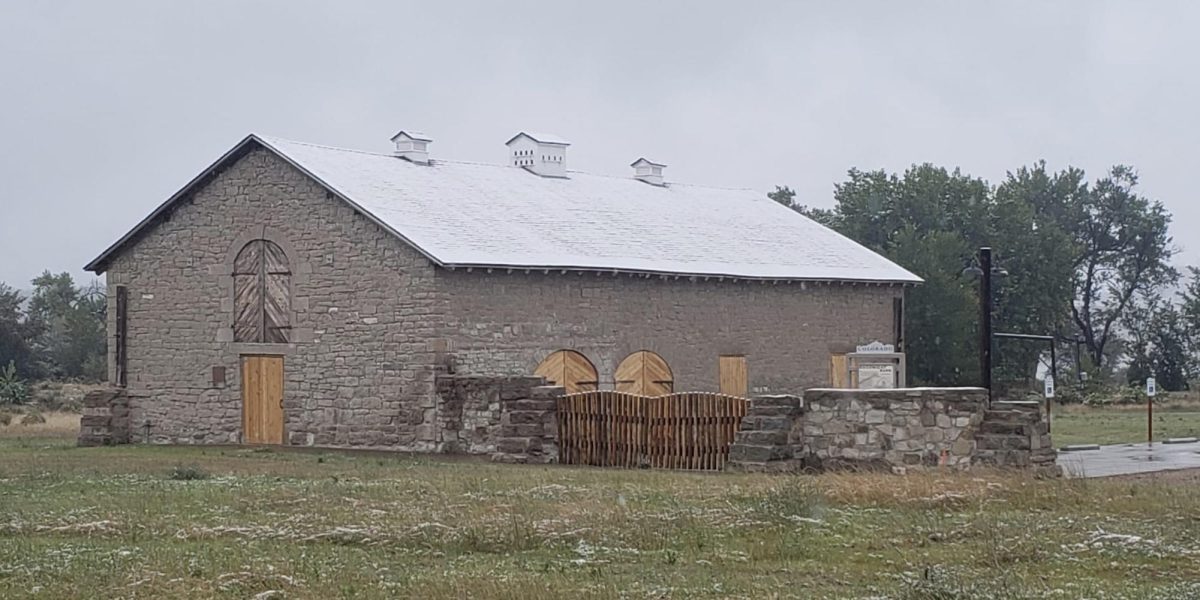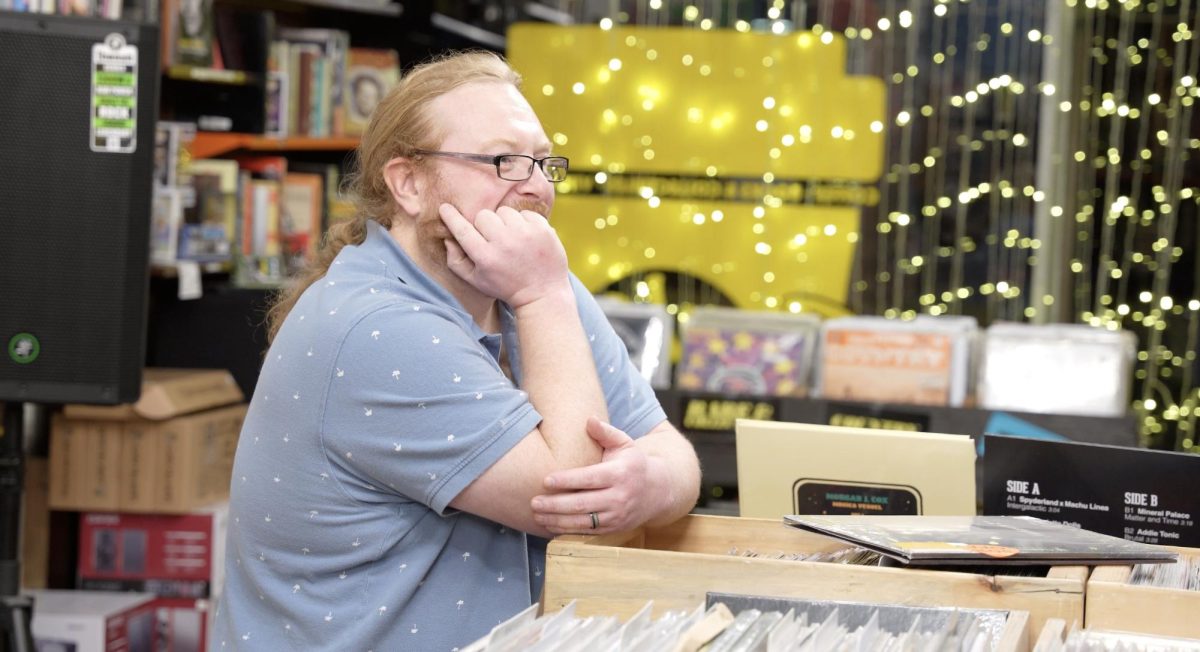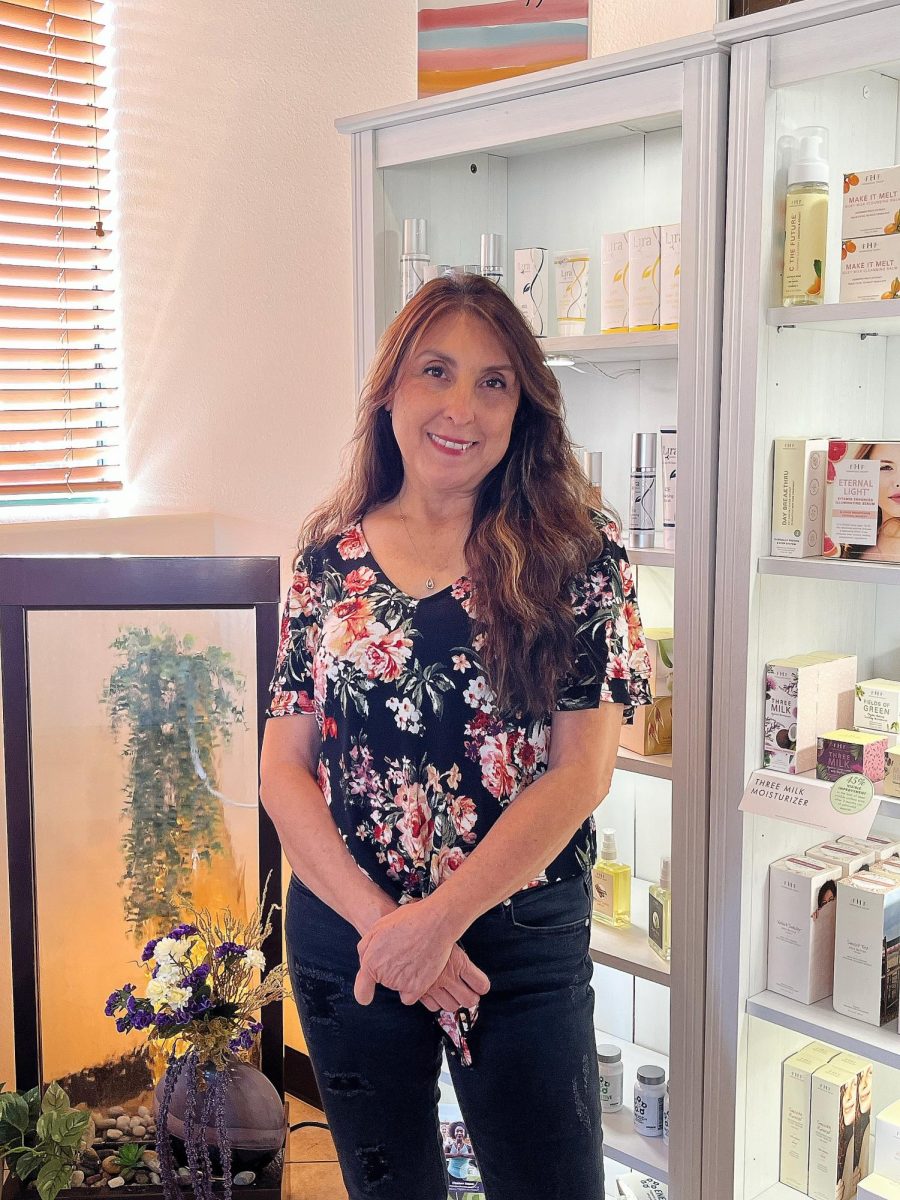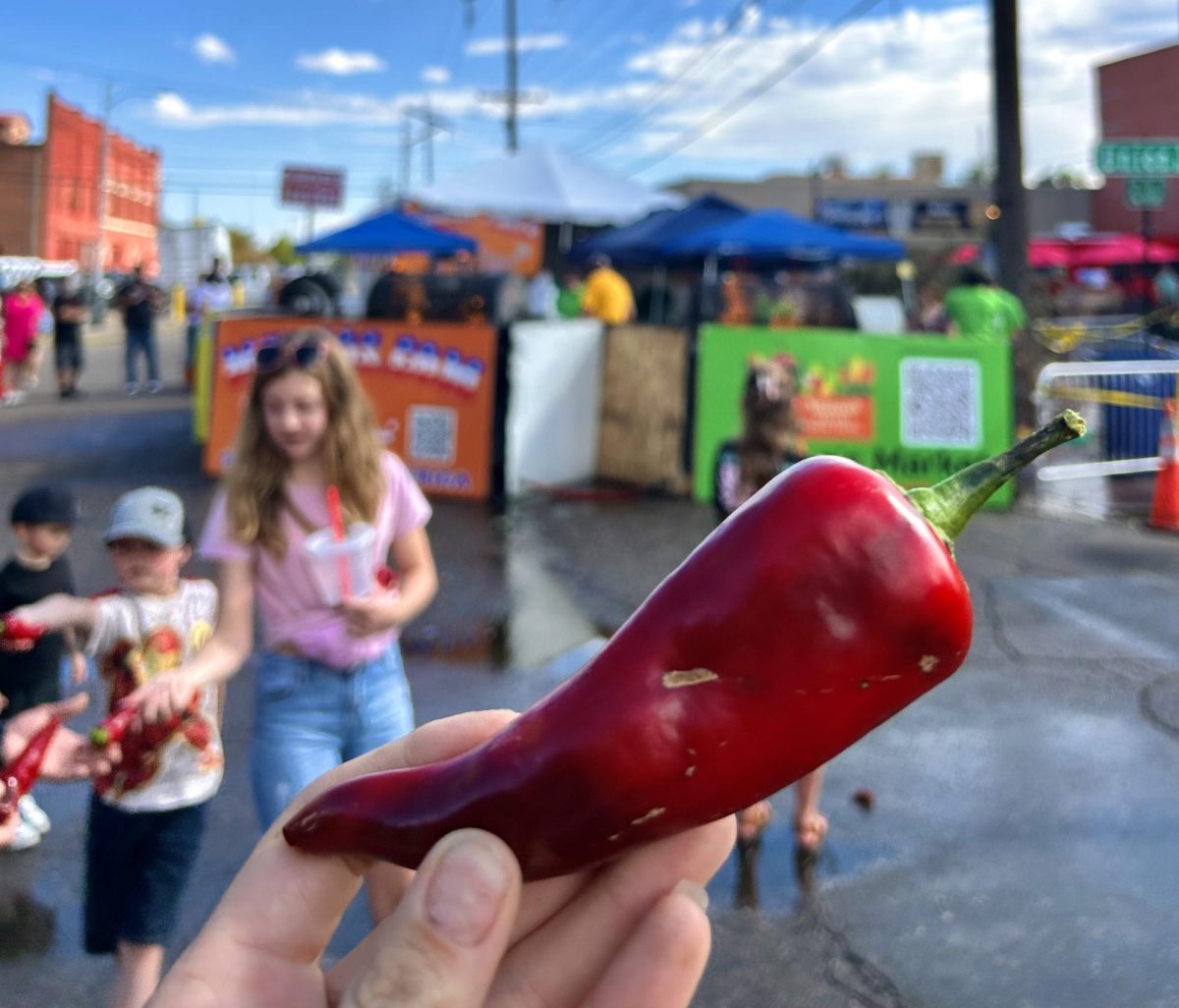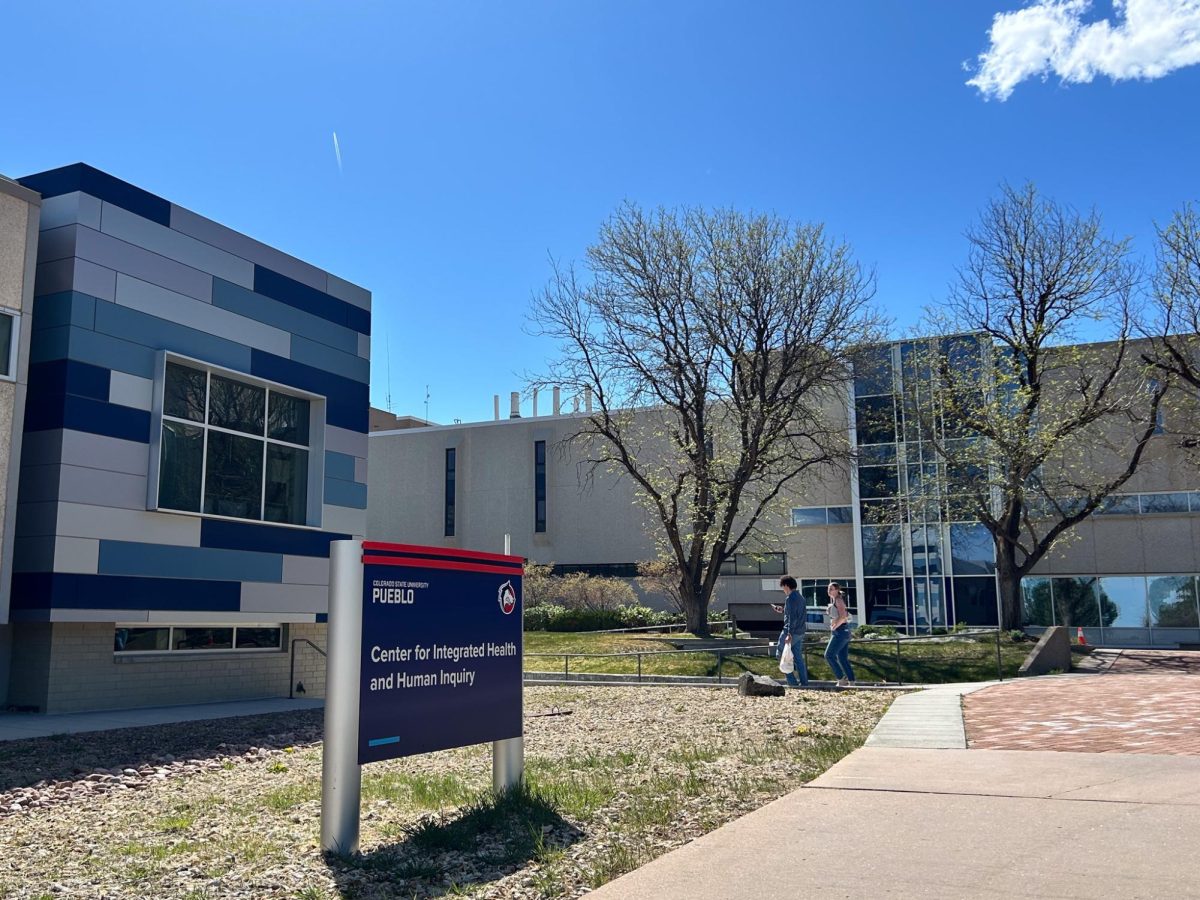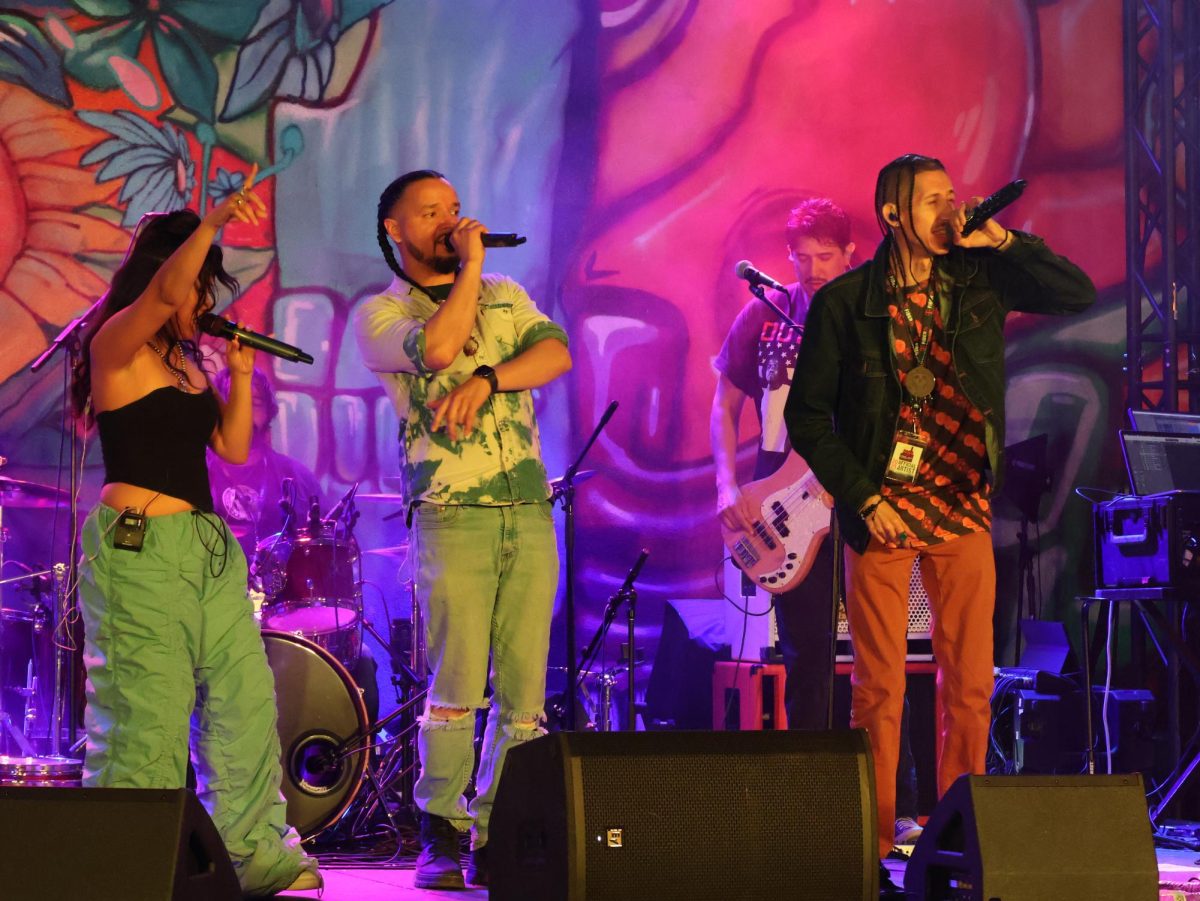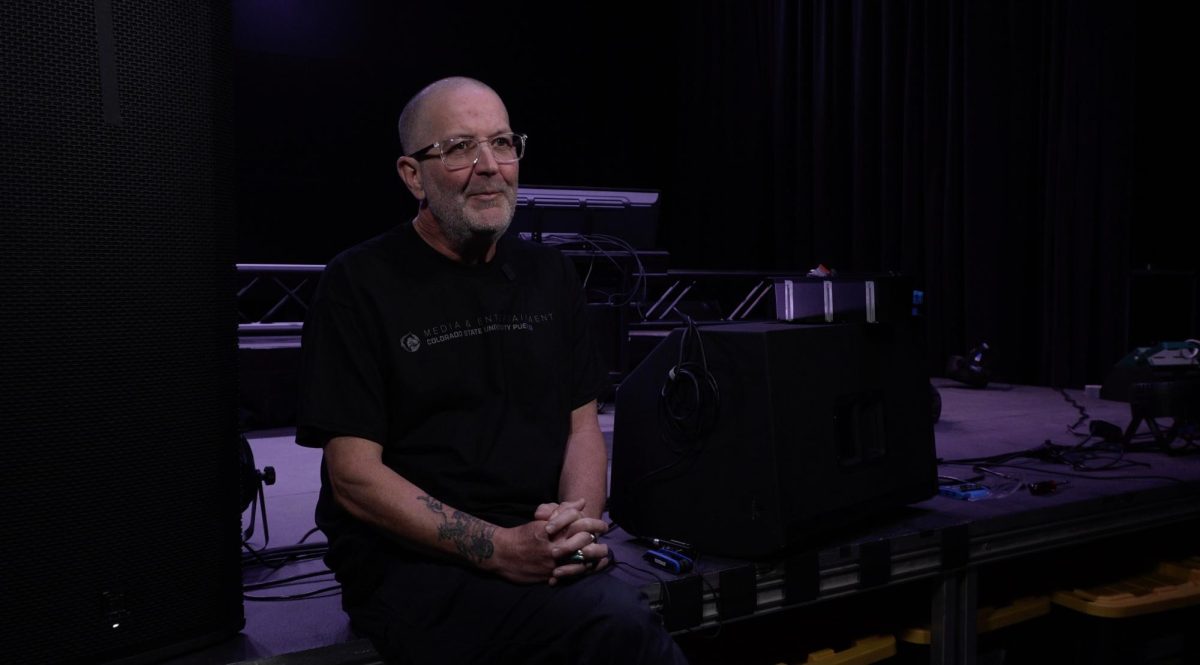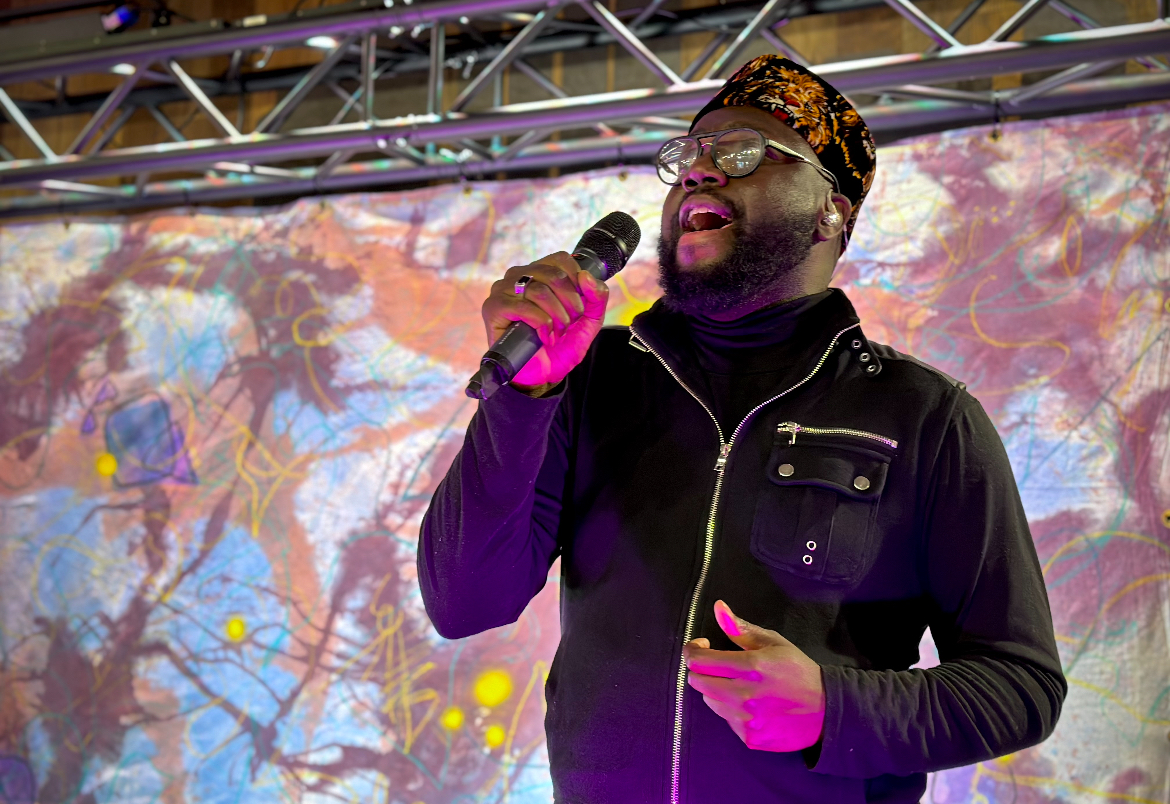By Madison Lira
El Pueblo Museum held several events during February to commemorate Black History Month. For the last event held on Feb. 24, attendants went on a journey throughout the Black history of Motown and how the music and musicians affected the Civil Rights Movement, the women’s rights movement, and the Vietnam War.
The featured group for the night, 3 Mo Mezzos, is a group of three accomplished Black women from the Denver area. The group sang songs ranging from Aretha Franklin’s Respect to the Jackson 5’s I’ll be there. Before performing the songs, the group discussed the messages behind the lyrics and how they affected these events in Black history.
3 Mo Mezzos, made up of theater actresses Rajdulari Landell, Shandra Crayton, and Natalie Oliver-Atherton, had been invited to perform for the event by Kennedy Pugh of the Colorado Arts and Artists Association. When he heard of their group’s formation, Pugh asked them to perform and create a night of “edutainment” for guests.
The three women met in a previous collaborative group just last summer, and although that group did not work out, they decided to come together and form the 3 Mo Mezzos. With this being their fourth act as a group, you could feel how much they love performing together, even being rows away from the stage.
Crayton commented on this, saying, “Honestly, we wouldn’t have kept doing this had we not just enjoyed the love of music and of one another. I just think, honestly, that we all just feel good when we sing together when we harmonize, when we do all these things. We get to be out, and we get to meet people and be a part of the community; it’s all a win-win.”
Motown also impacted the group personally; growing up with it and having family members who played it constantly helped the trio grow into the women they are today. The women and music of Motown were an easy launching pad for the trio, inspiring them to pursue their dreams of becoming performers. Despite being labeled “race music,” Motown united people of all races and ethnicities.
3 Mo Mezzos also discussed how, in their opinions, the music of Motown brought the Black community together during the 1950s and 1960s throughout these crucial events in United States history.
Landell said, “From before we were ever brought to this country, rhythm has been the heartbeat of the Black community. Anytime there was any kind of strife in our community, the music was the thing that always connected anybody. So even in the moments when people were being entertained, there was still such a need for messages.”
With Motown’s most well-known artists from the 50s and 60s, the only way to get a message out about a march or gathering One of the ways these artists did this was through song and rhythm. Motown’s artists and songs served as a vehicle to get these messages out throughout the strife. Landell said, “they came for the music, but they stayed for the message.”
Crayton added, “Motown brought a level of soul; there was a sound that Motown brought that people hadn’t heard before. So people heard our voices in a way that, one, they weren’t ready for, but two, they couldn’t even resist.”
At a time when many across the nation still did not view Black people as human beings, they still appreciated and loved the contributions they made to art and music. Motown brought a new sound to the block and got many across race lines addicted.
With the evening concluded, the 3 Mo Mezzos hoped that attendants from the night’s edutainment event left with more love for themselves, others, and those within their community.
Atherton concluded, “To love up on each other, to extend themselves more in their communities, and the biggest thing to me is, I hope people start having ‘other’ friends. I firmly believe that what ails America is that not enough people have ‘other’ friends. We stay in our own cultures and communities and then believe what people tell us that we’re supposed to be afraid of.”




